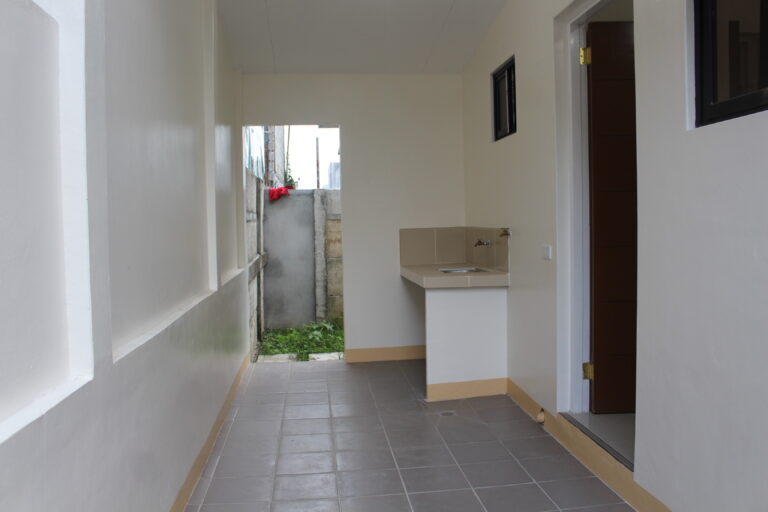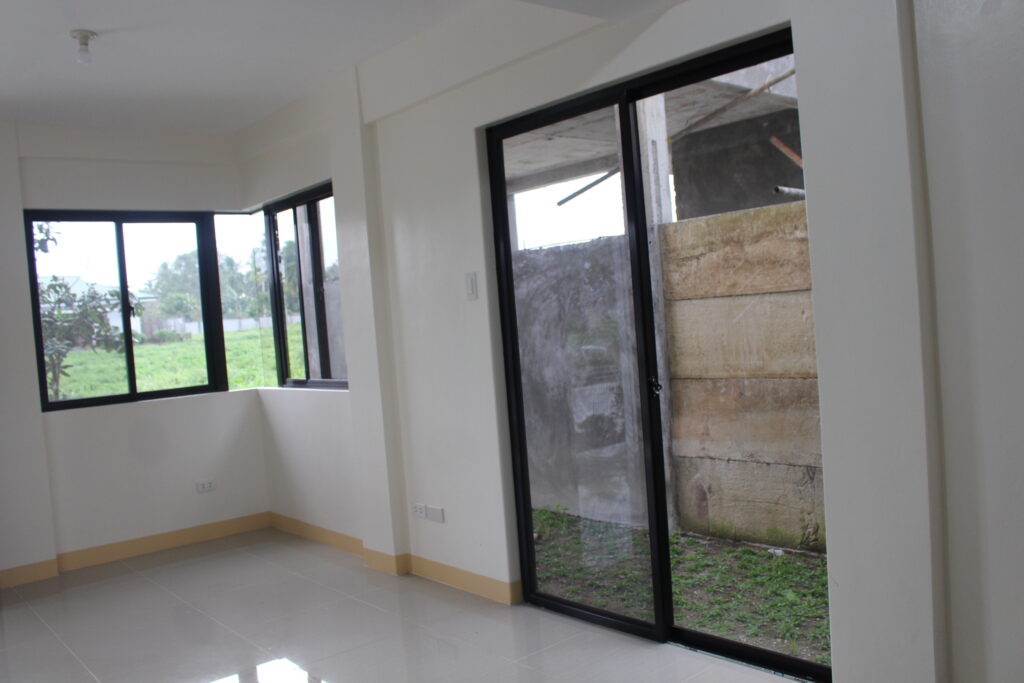Mother’s Day is just around the corner, so to commemorate this special day for the most special women in our lives, we did a little research on what makes the Filipino Mother’s Day tradition special.
If you find any of these very interesting, why not incorporate it into your own family celebration?

#1 The traditional Mother’s Day Flower is Carnation
In the old days, schoolchildren used to wear ‘cadena de amor’ (pink carnations) on their chests in honor of Mother’s Day. If your mother was no longer with you, you would wear white carnations to show respect to those who passed.
Carnations are typically associated with mothers because they are symbols of ‘purity, sweetness, and endurance.’ This is not just in the Philippines, but around the world. In the USA and in Japan, carnation is the most popular Mother’s Day Gift.
A large number of Filipinos living abroad order fresh bouquets online and have them delivered to their moms and relatives in the Philippines. There is plenty of floral delivery service and by doing a quick google search they come up.
#2 Mother’s Day is for the whole family
Mothers are given the title of “ilaw ng tahanan”, meaning “light of the house” in Filipino to recognize the warmth, generosity, and shining guidance that mothers bring to the family. A perfect way to describe moms.
That’s why Mother’s day isn’t just to celebrate moms, it’s a full-on celebration to show respect and gratitude to grandmothers, aunts, cousins, and other women in the family who are also mothers.
So, if you want to bring Filipino tradition to your household, make sure to pay your respects to all of your lolas, ninangs, and titas (grandmothers, godmothers, and aunts), too.
#3 Technically, The first Monday of December is Mother’s Day and Father’s Day
Mother’s Day in the Philippines used to be celebrated on the first Monday of December.
Former President Ferdinand Marcos signed a proclamation in 1980 declaring the first Monday of December to be both Mother’s Day and Father’s Day.
Then the next president Cory Aquino changed the date to align with the American tradition of having Mother’s Day on the second Sunday of May, and Father’s Day to be the third Sunday of June.
The dates were changed back to the first Monday of December under former President Joseph Estrada in 1998. There hasn’t been a new proclamation since, so legally, Mother’s Day is still supposed to be in December.
The Philippines is made up of such a diverse mix of global cultures and with the heavy influence of American culture following American colonialism, everyone in the Philippines continues to celebrate Mother’s Day on the second Sunday of May, and Father’s Day on the third Sunday of June.
#4 Mother’s Day is not an official public holiday
Mother’s Day is kind of a big day here in the Philippines. This is largely due to the large place of mothers in Filipino culture and their impact on each of their children’s lives
While Mother’s Day is a very important event of the year for the family, and in spite of the Presidential proclamations stated in the previous entry, Mother’s Day is not an official public holiday in the Philippines. It sure is treated like one though.
#5 Filipinos take their celebrations seriously
Mother’s Day in the Philippines is a BIG deal and Filipinos take their celebrations seriously.
During Valentine’s Day, the number of people with elaborate bouquets and giant stuffed teddy bears was shocking. In the last minutes, boyfriends waiting to purchase fresh flowers and chocolates for their partners. Showing empty-handed is not an option! Doubly so on Mother’s Day.
Mother’s Day itself is celebrated in the Philippines and is pretty similar to North America, with cakes and flowers and various gifts to pamper mom. While a lot of Filipinos are opting more and more to eat out, most families still celebrate at home.
An indication that for us Filipinos, Family is at the center of everything we do.
When it comes to our homes, we won’t settle for less than the best for our family.
JJS Realty and Development Inc. is a real estate developer that specializes in community development at Lipa City Batangas. “Family and community is at the center of everything we do, we impart that sense of family and community to our homes.”





























































